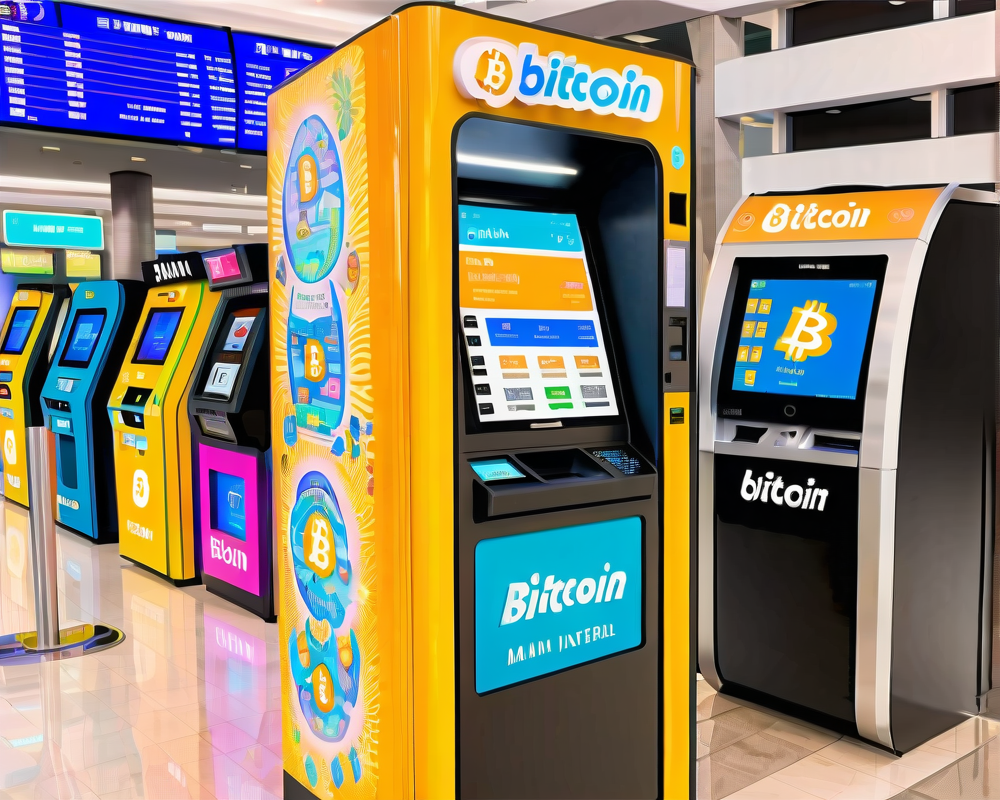Nigeria’s Evolving Stance on Cryptocurrency
Recently, Nigeria’s Securities and Exchange Commission (SEC) hit the brakes on its planned regulations for cryptocurrency. This decision coincided with a blanket ban from the Central Bank of Nigeria (CBN). However, the SEC wasted no time in announcing that it would collaborate with the CBN to create a robust regulatory framework. With the global crypto market valued at a staggering $1.74 trillion, ignoring this sector is no longer an option.
Collaboration is Key
Timi Agama, who heads the registration and exchanges department of the SEC, emphasized the necessity for regulators to adapt. Speaking during a virtual conference in Abuja, he stated, “The world cannot be moving forward and we will be static, no.” By bringing the SEC and CBN together, Nigeria hopes to strike the right balance between regulation and innovation.
Foreign Direct Investment: A Crypto Opportunity
Agama pointed out another critical aspect: cryptocurrency could be the golden ticket for attracting foreign direct investment (FDI). According to the National Bureau of Statistics, a staggering 26 out of Nigeria’s 36 states received no FDI in 2020. The SEC acknowledges that harnessing the crypto market may just be the catalyst for breaking this cycle of economic stagnation.
The Need for Clear Regulations
Kevin Amugo, the CBN’s director of financial policy, explained that the initial ban was primarily aimed at addressing the anonymity of crypto transactions. However, many crypto transactions are more pseudonymous than truly anonymous. Thankfully, firms like CipherTrace and Chainalysis have developed tools to assist with cryptocurrency forensics. Additionally, Nigerian crypto exchanges have adhered to Know Your Customer (KYC) practices, including bank verification number (BVN) authentication.
Voices from the Ground
During the ACMAN lecture, a chorus of stakeholders urged regulators to focus on developing nuanced laws rather than imposing outright bans. After all, with Nigeria’s Bitcoin premium soaring to the highest globally post-CBN ban, could this be a golden opportunity for constructive discussion?




